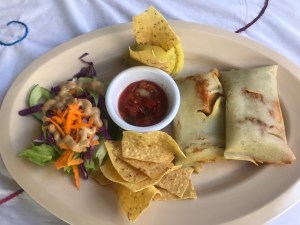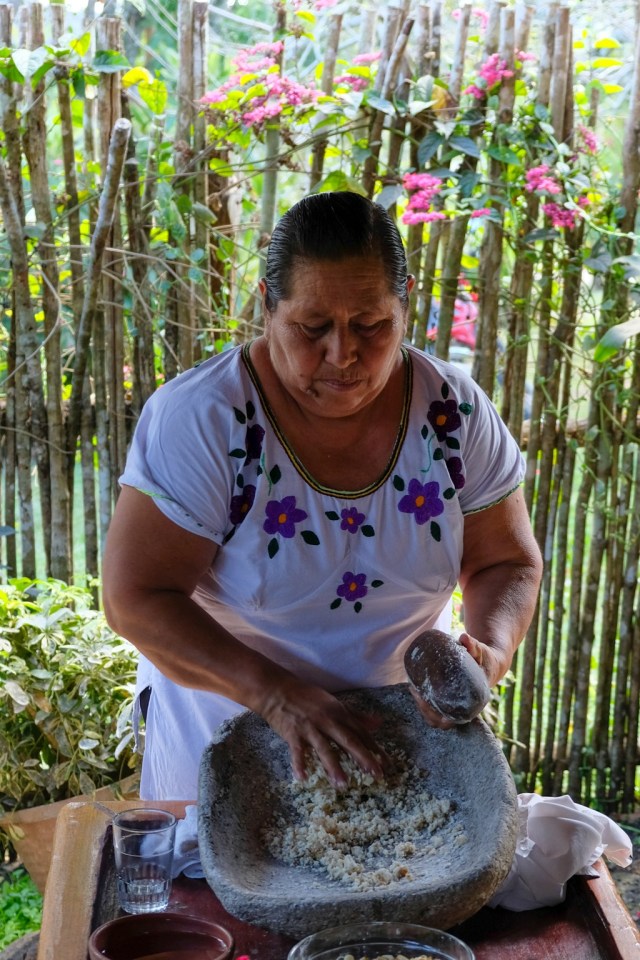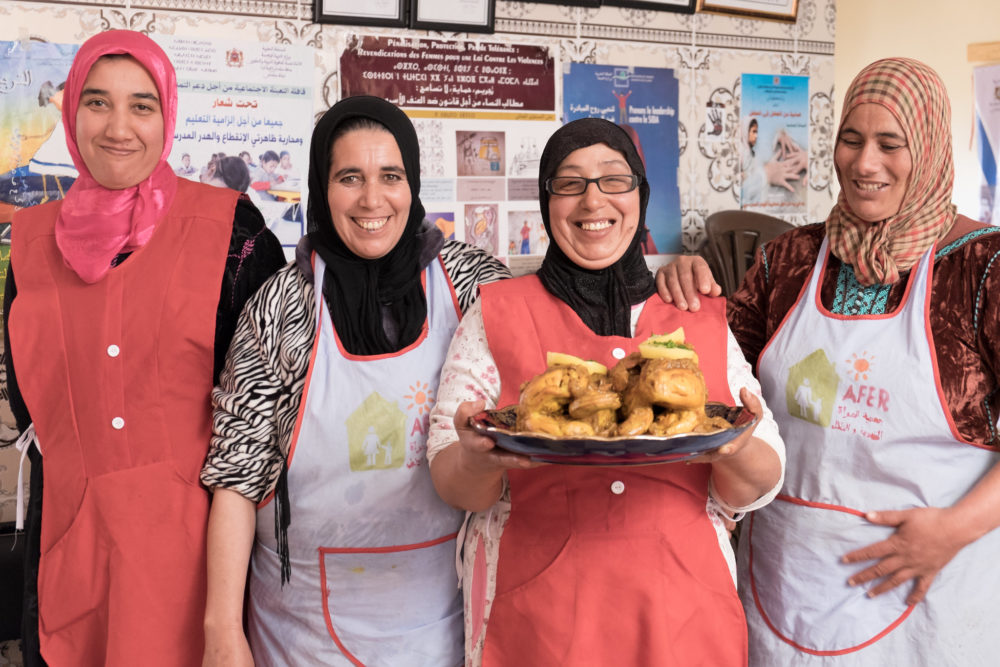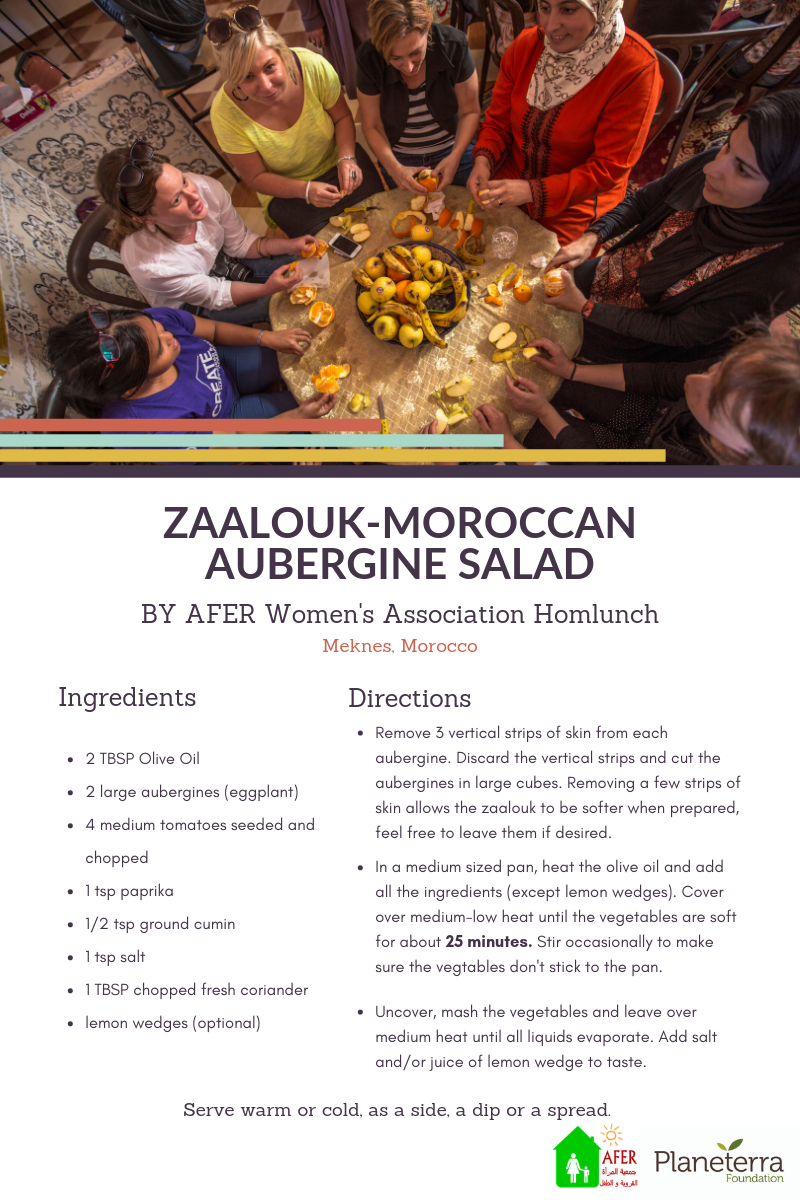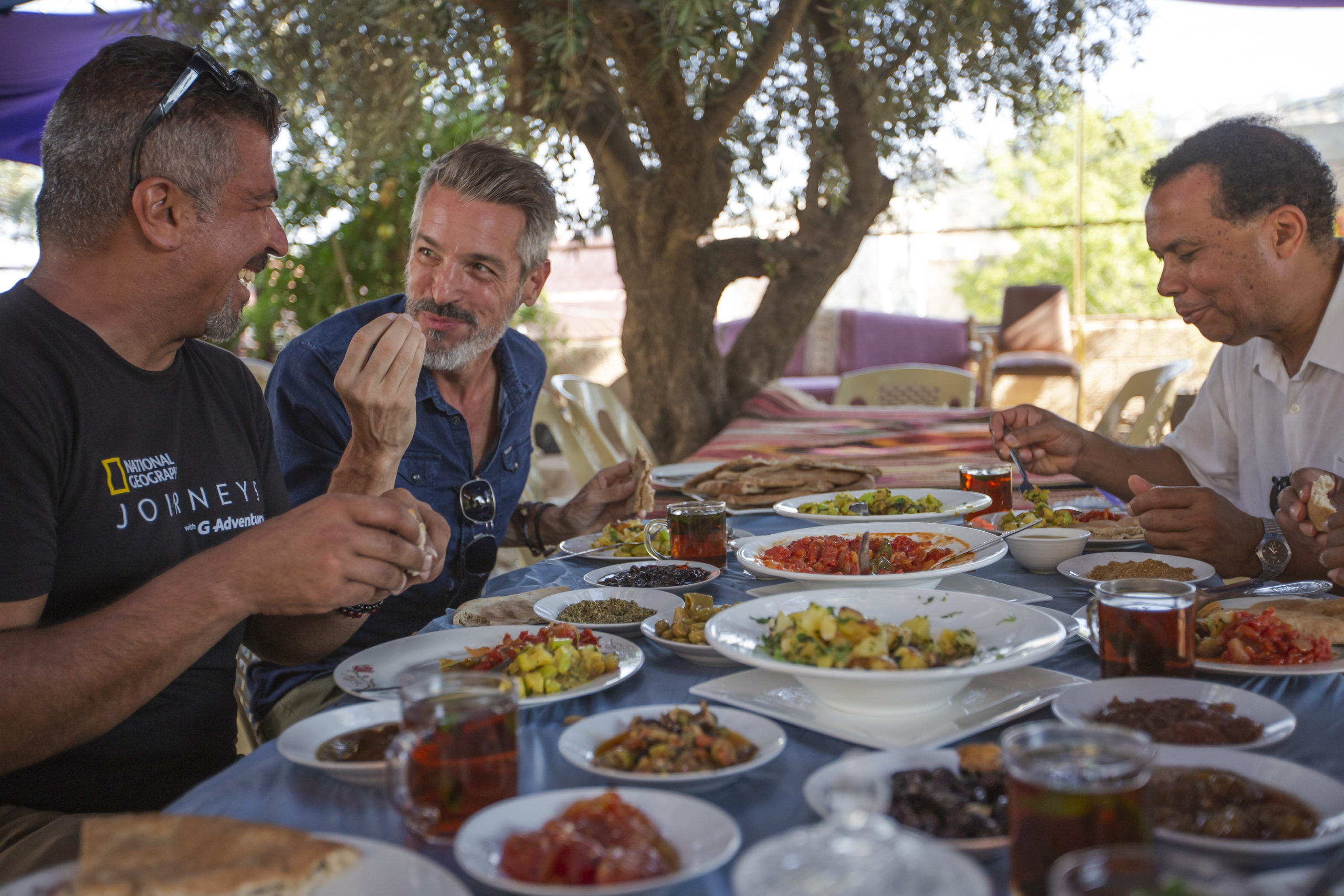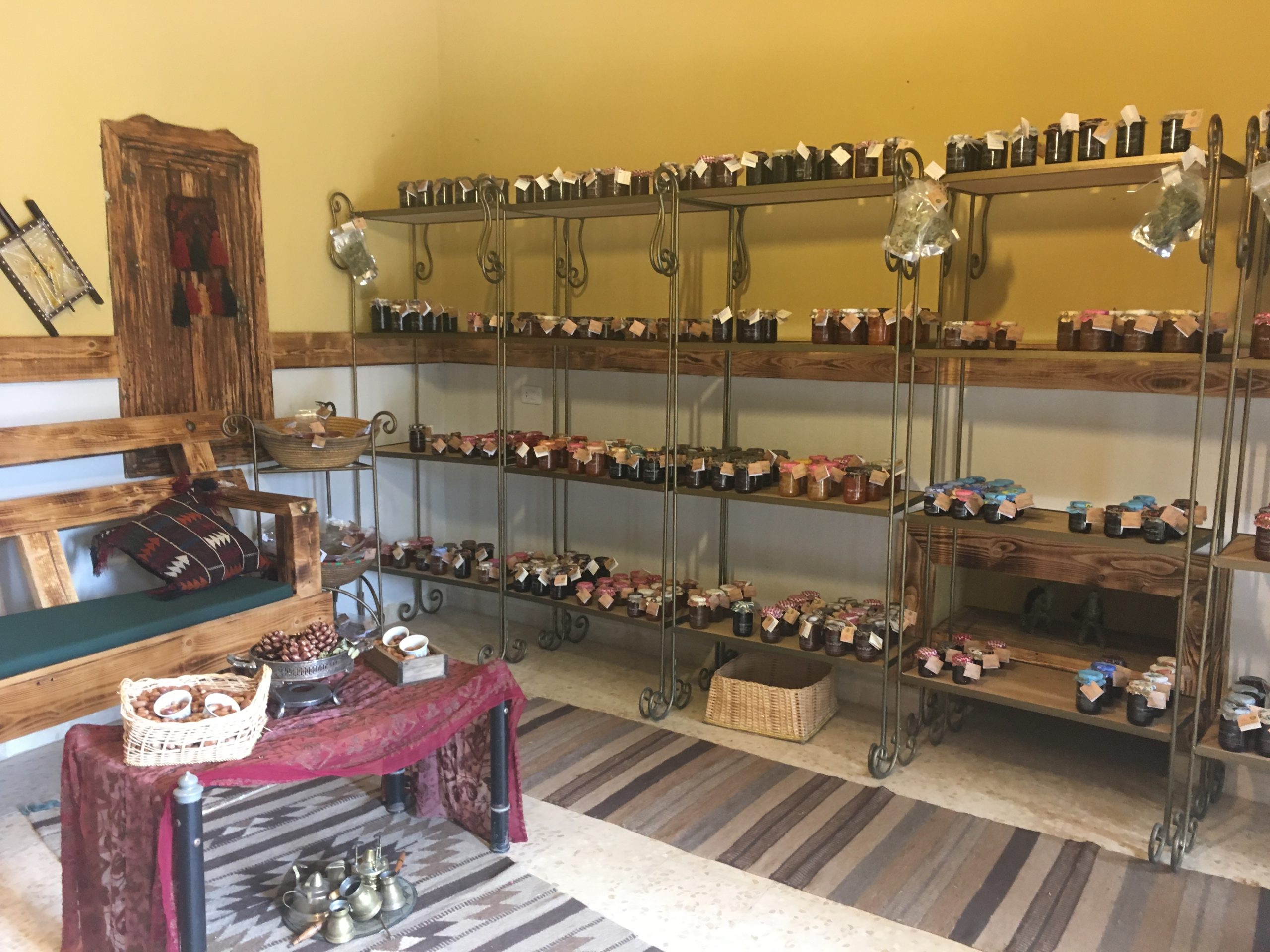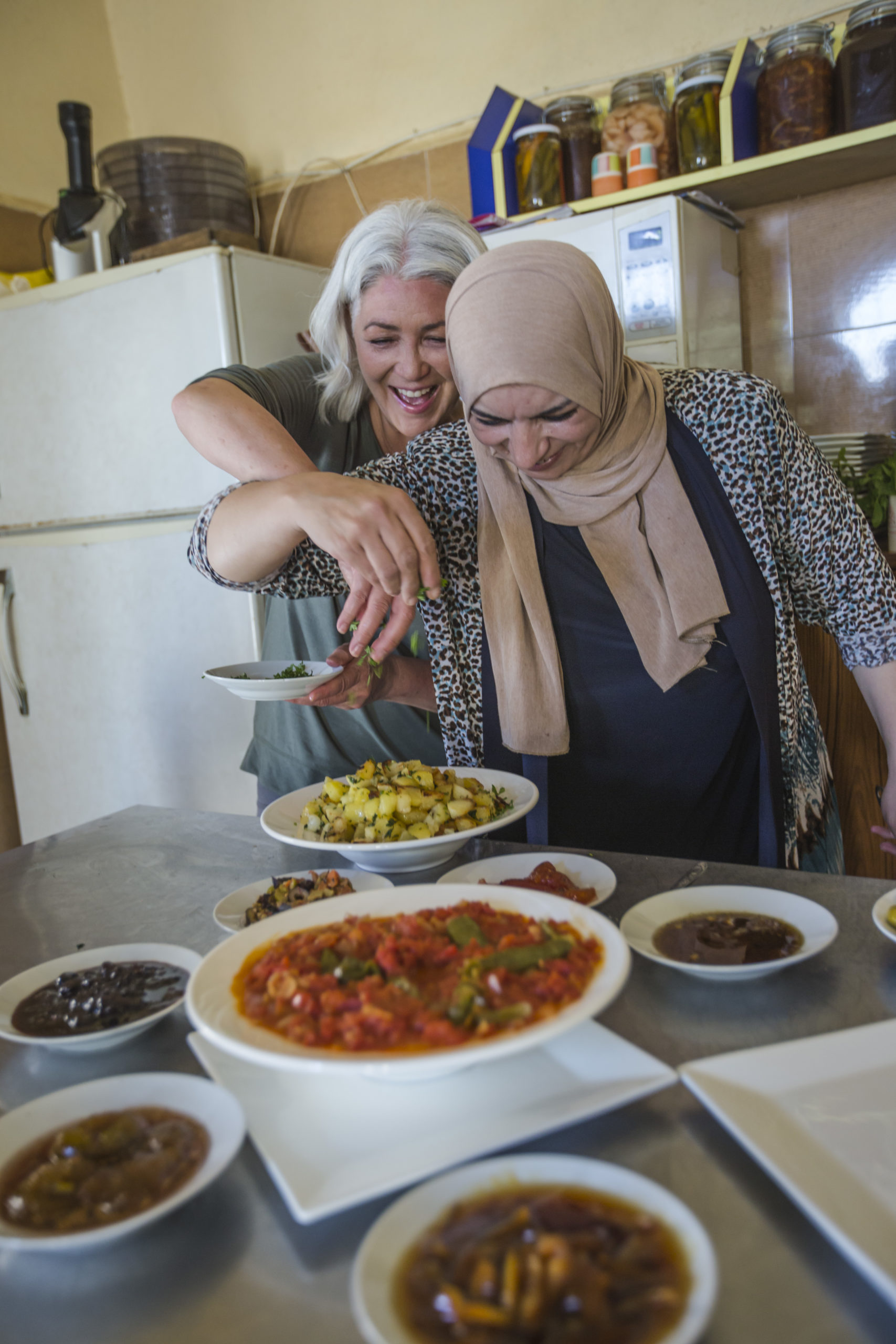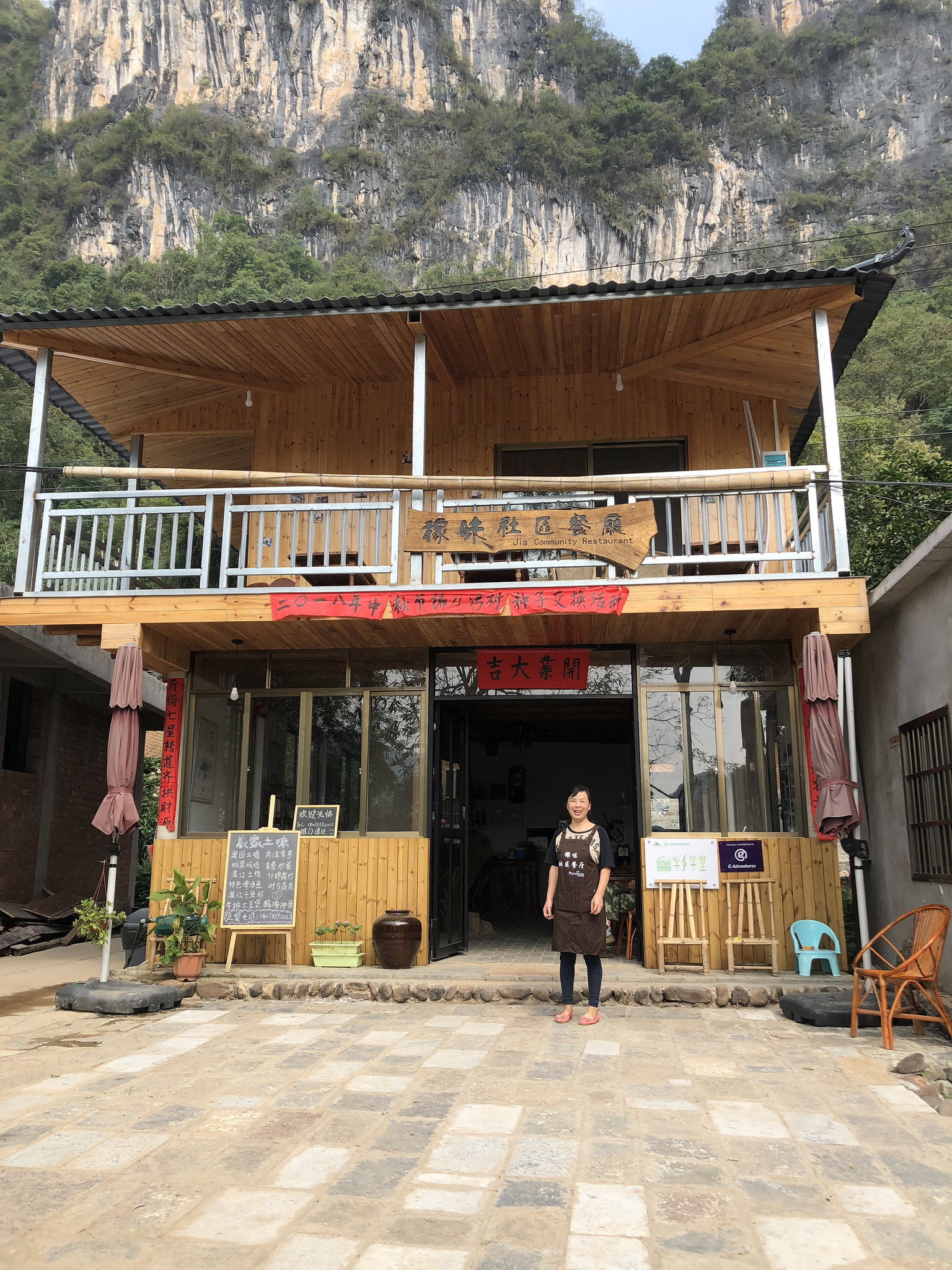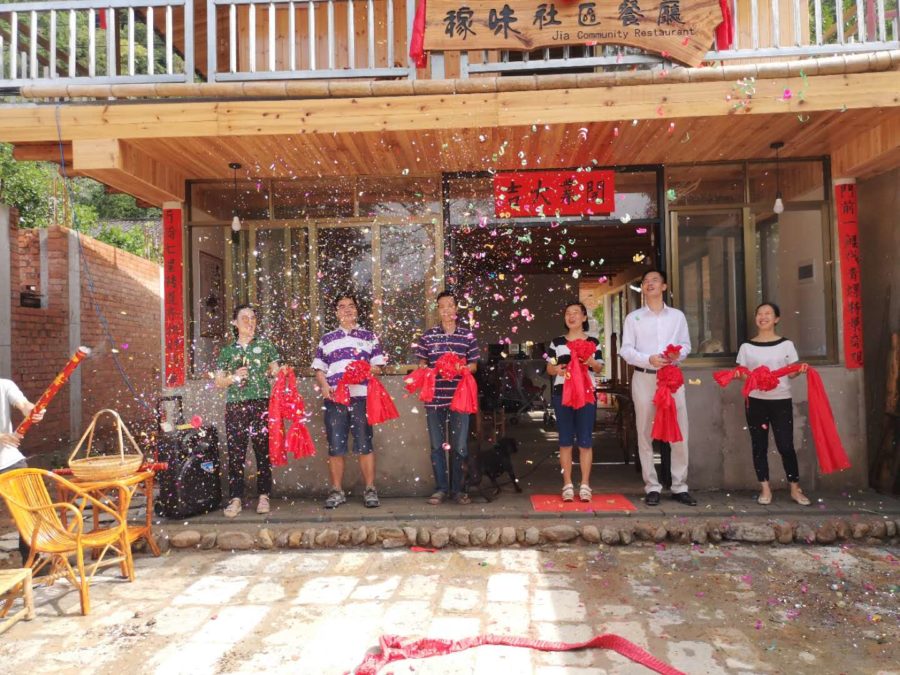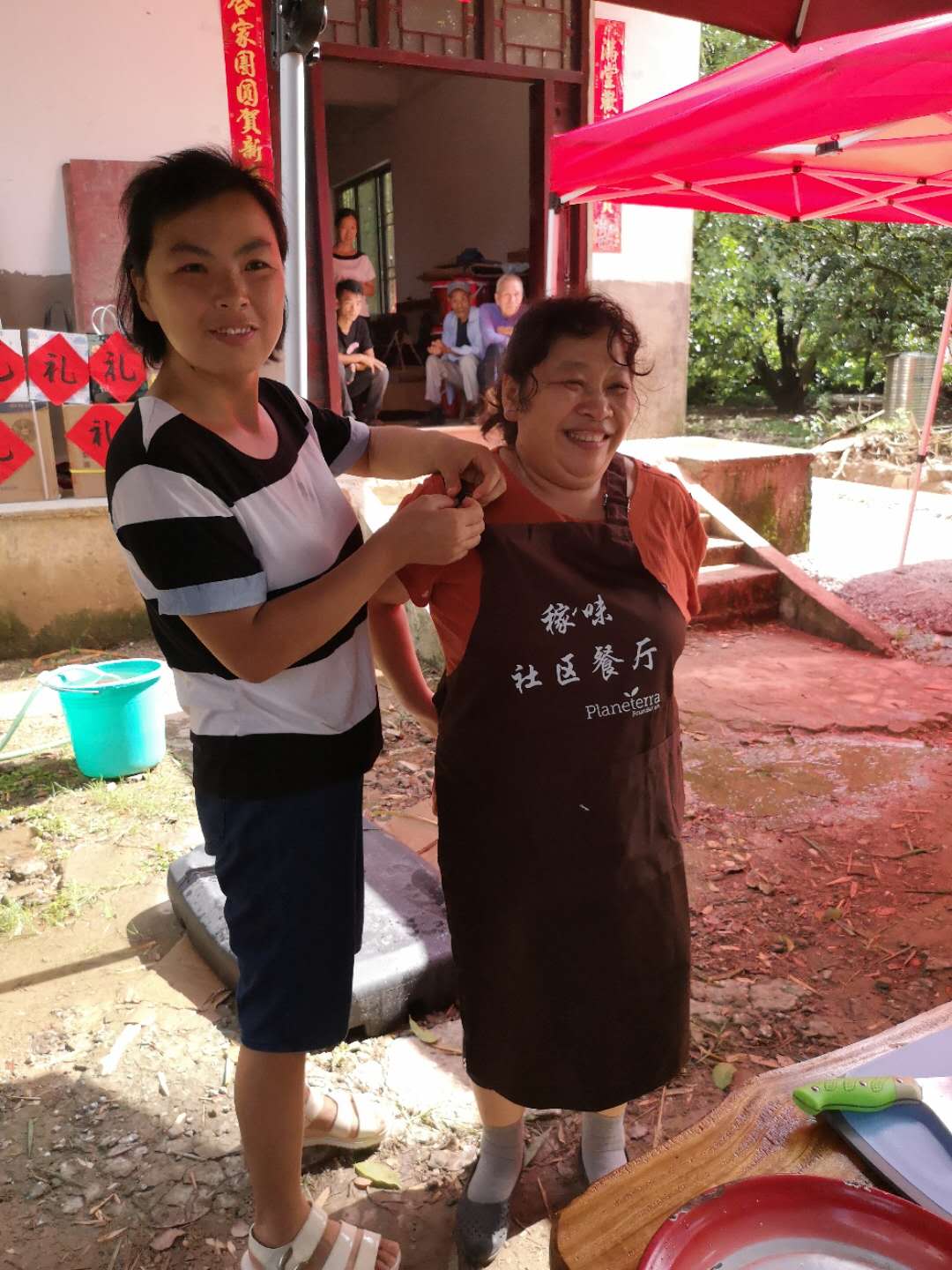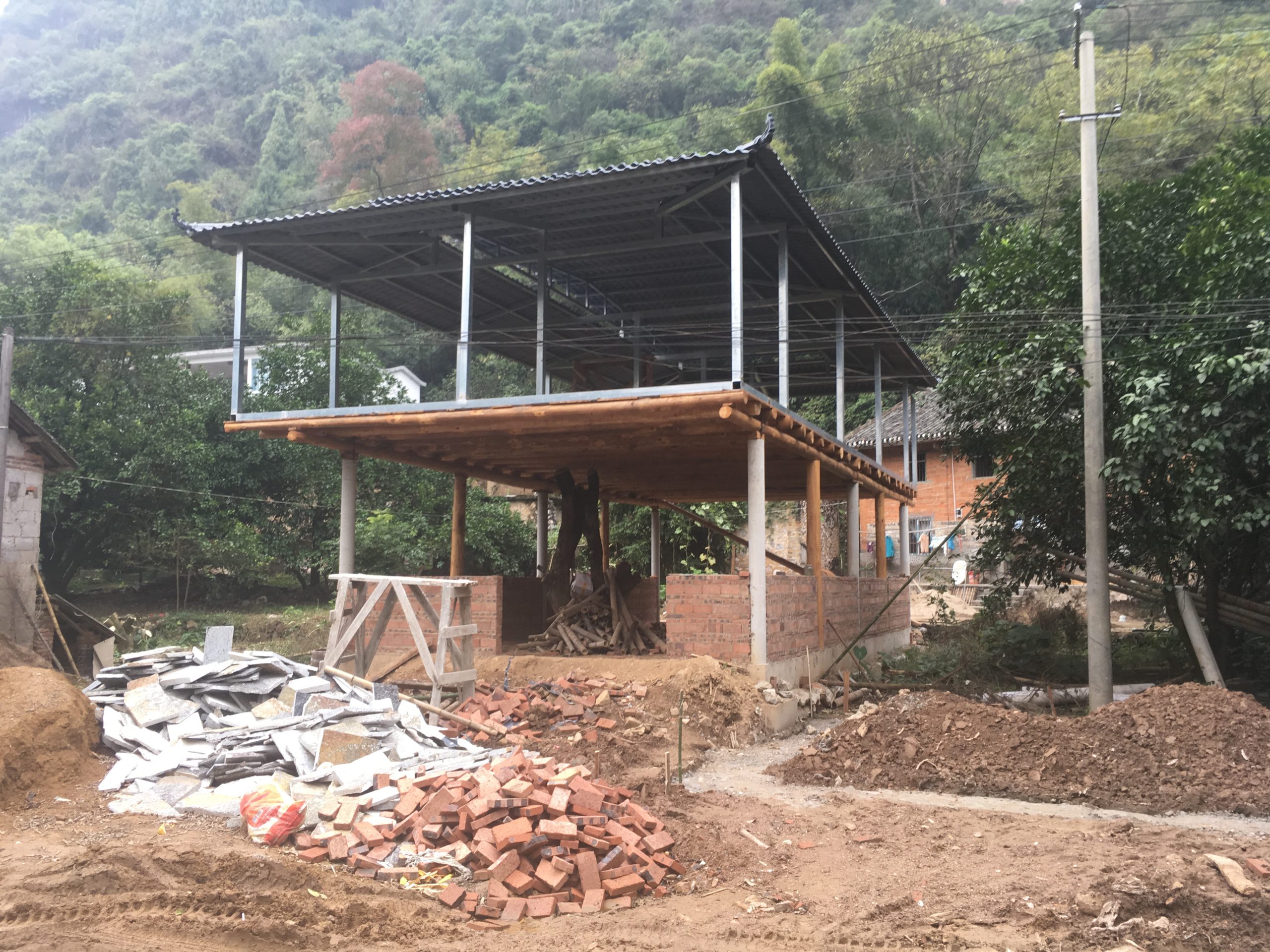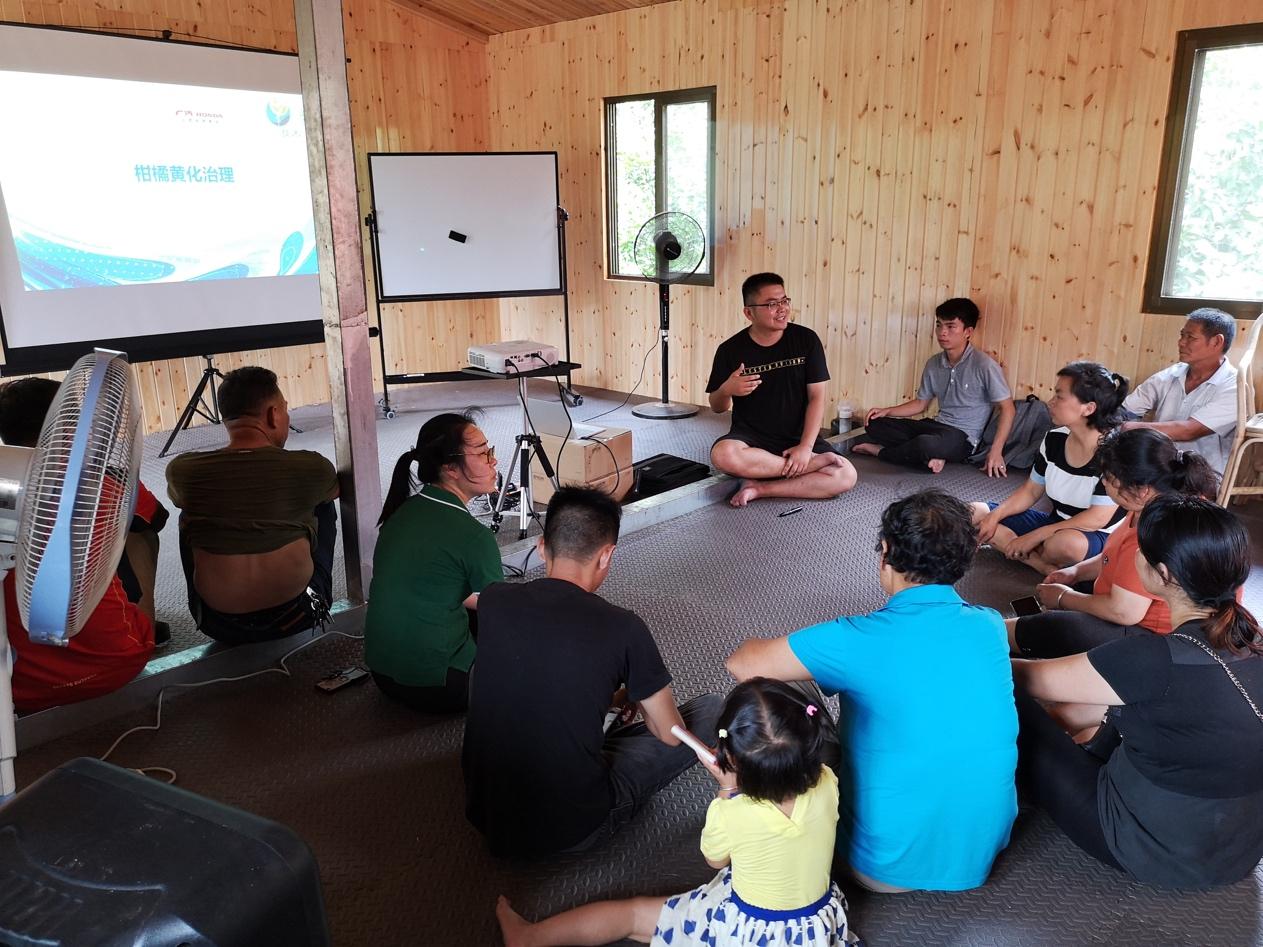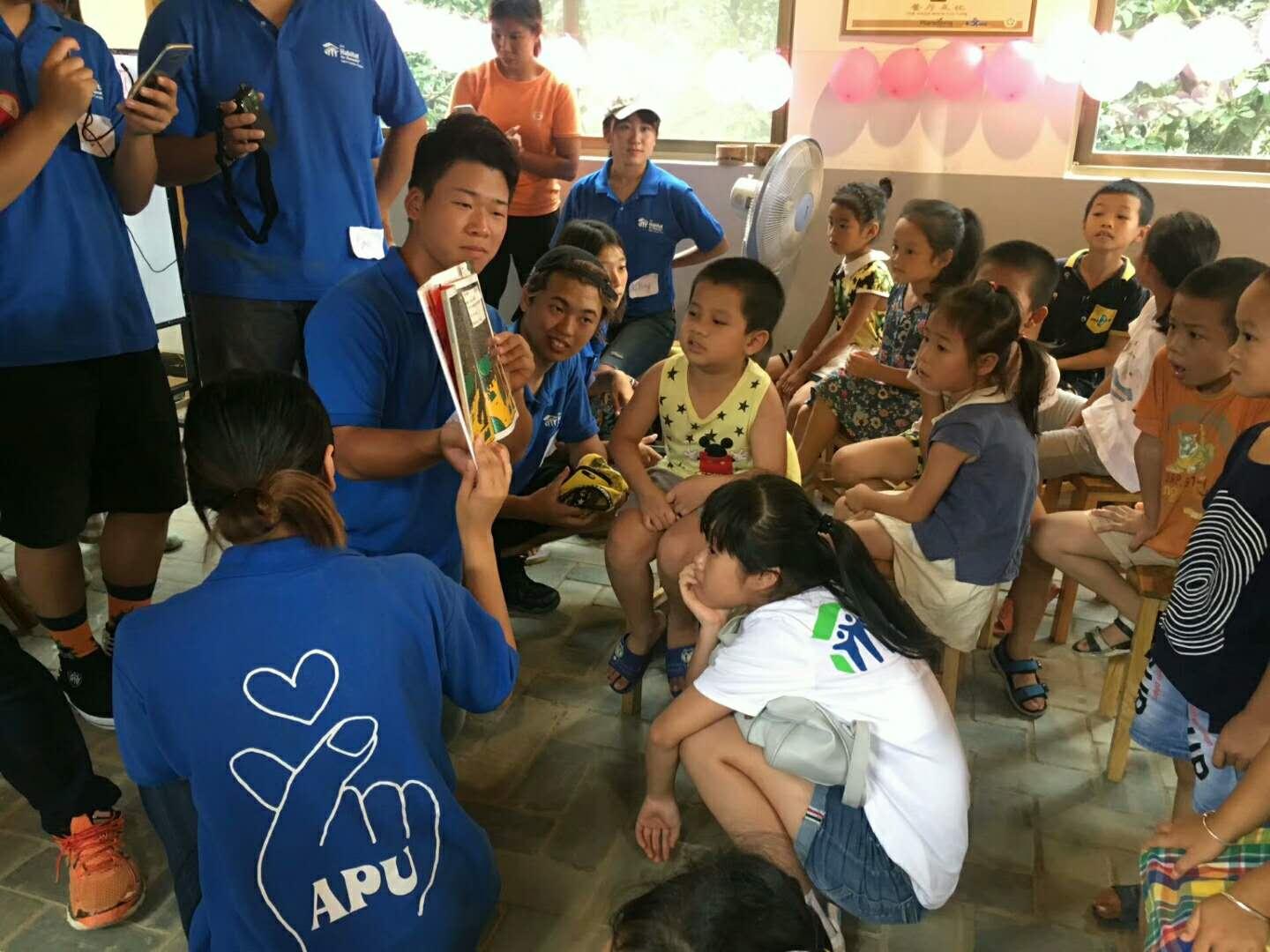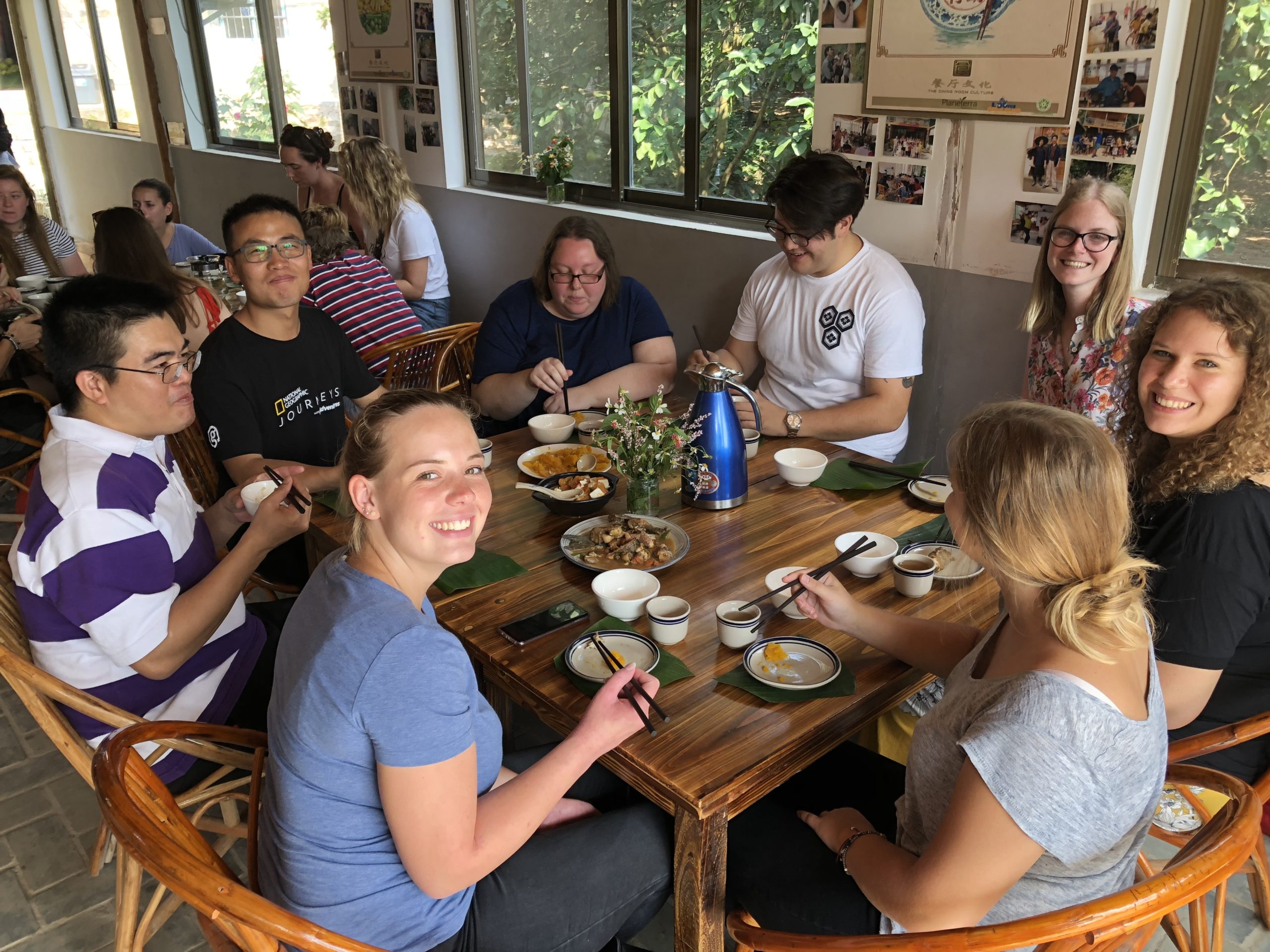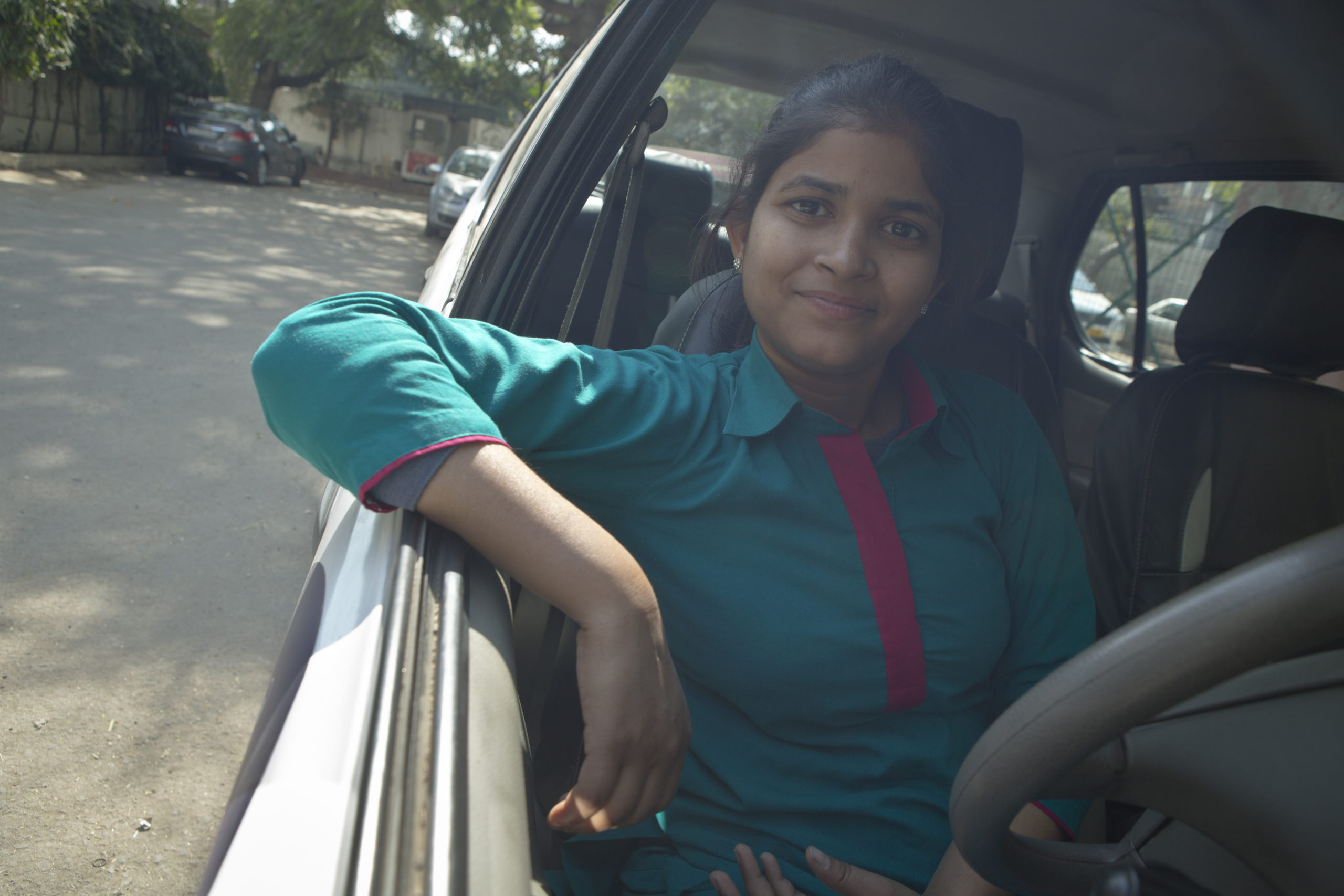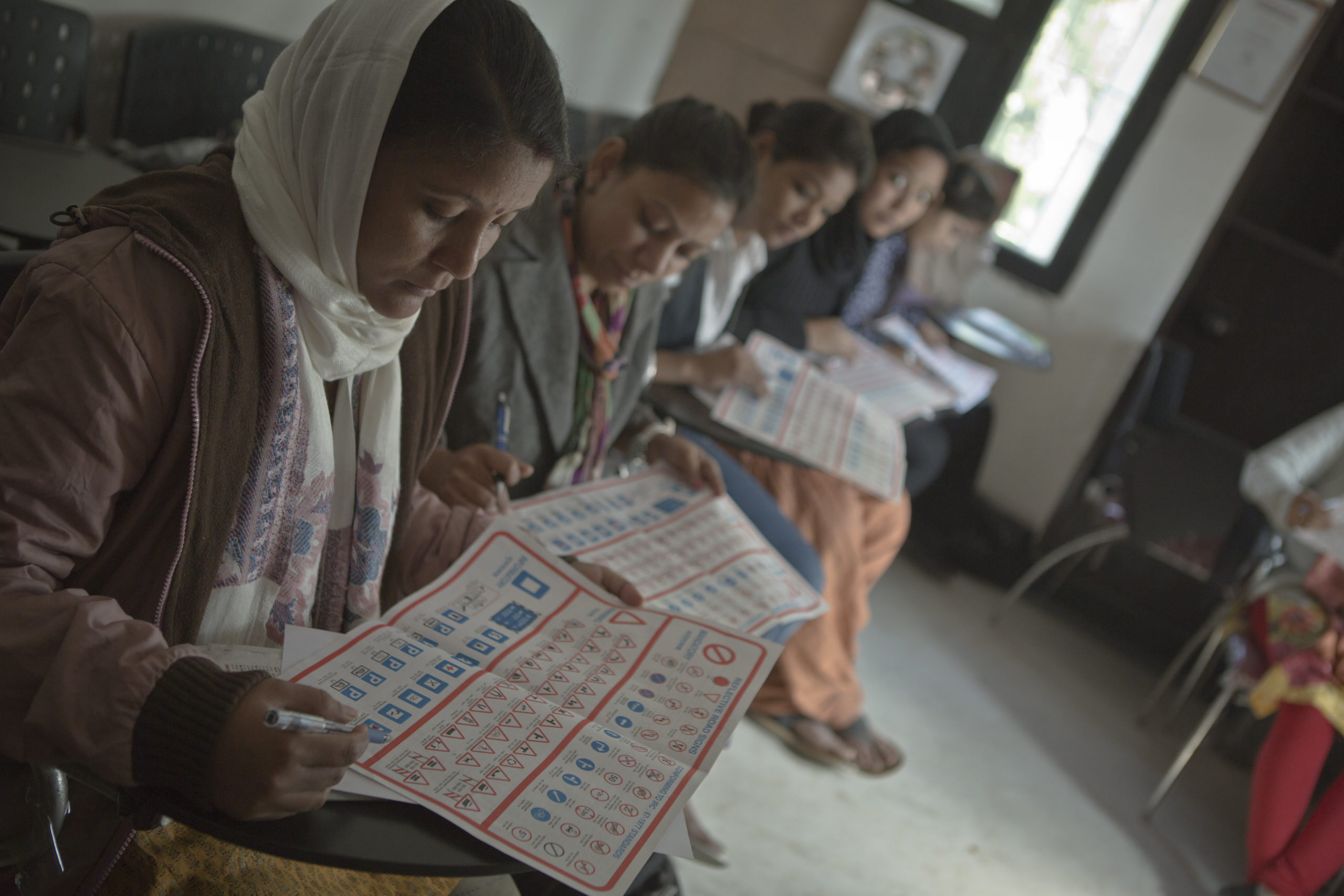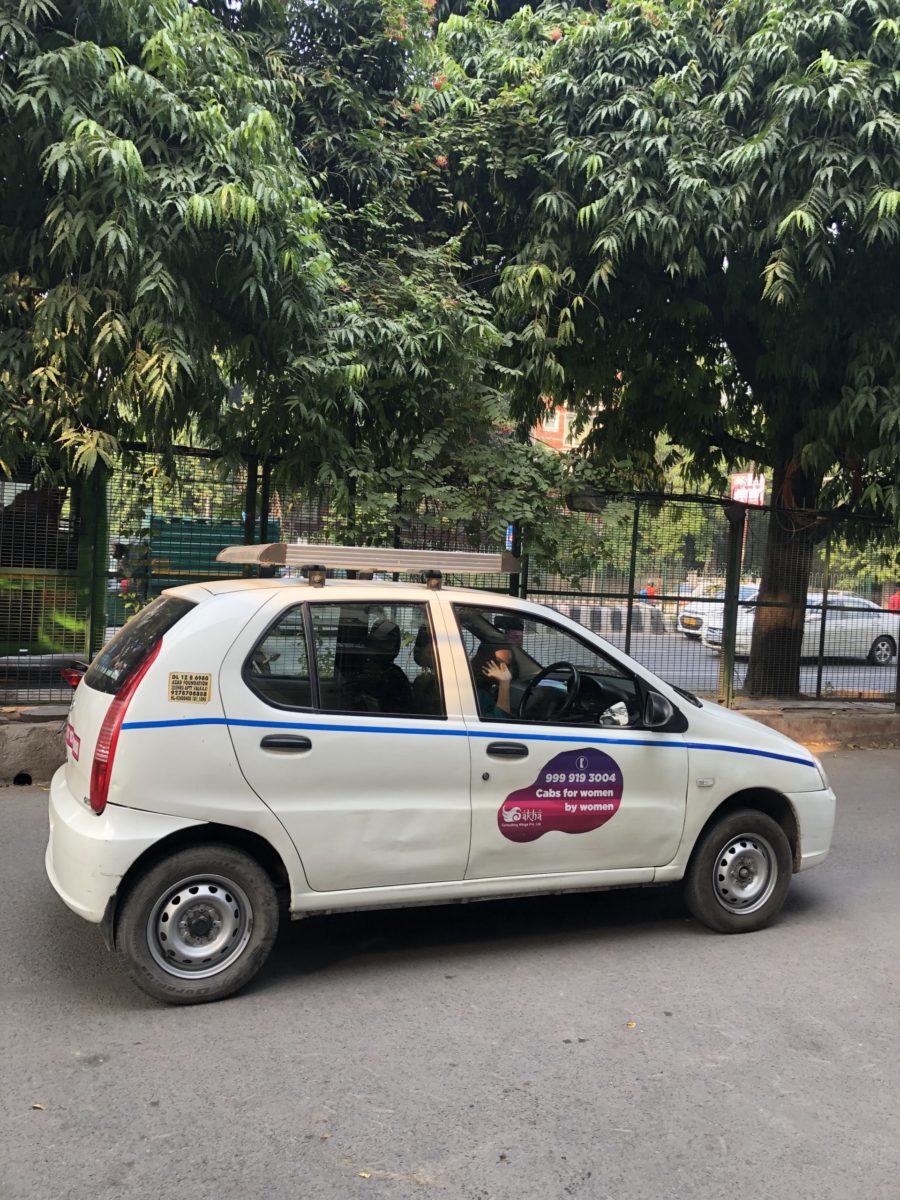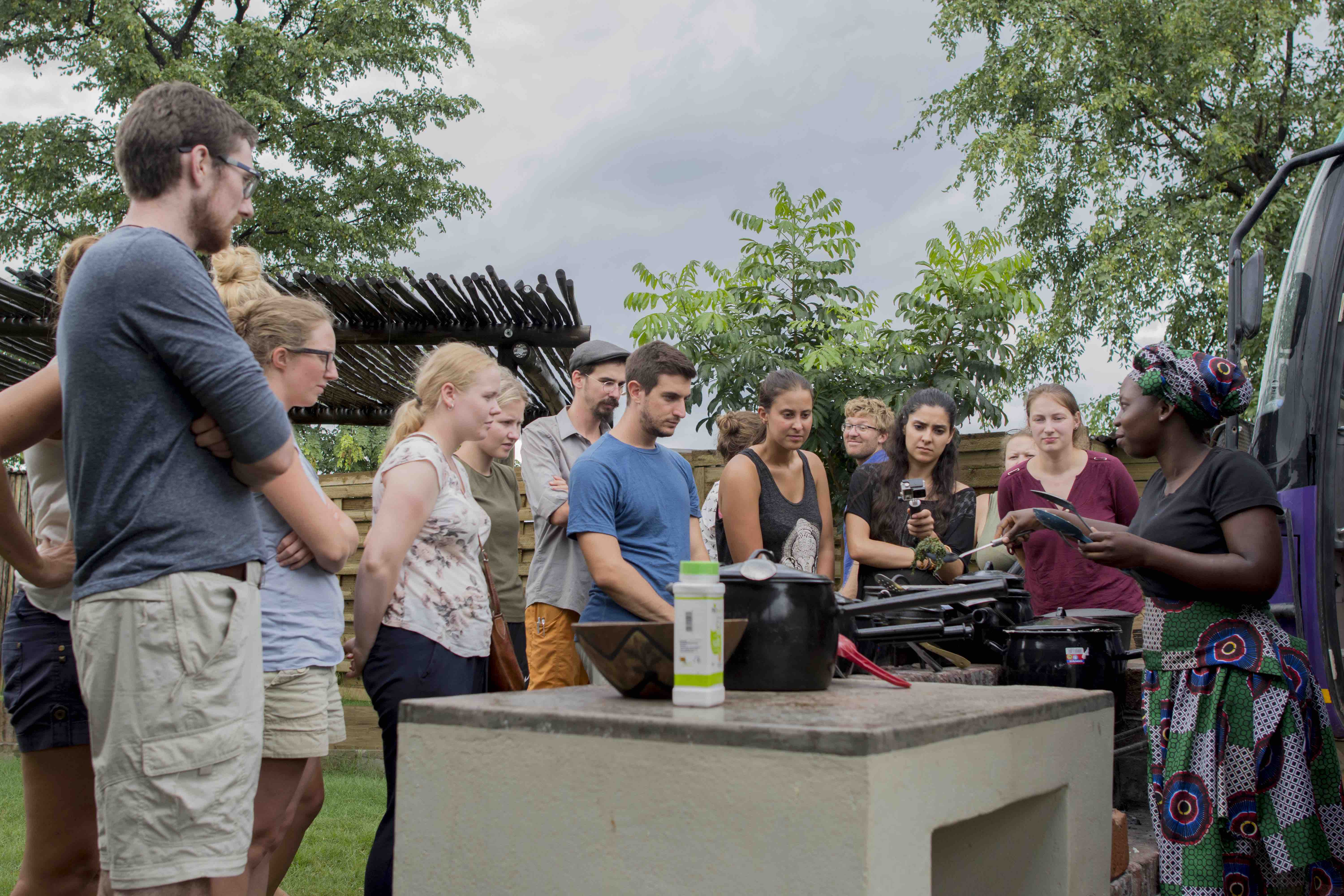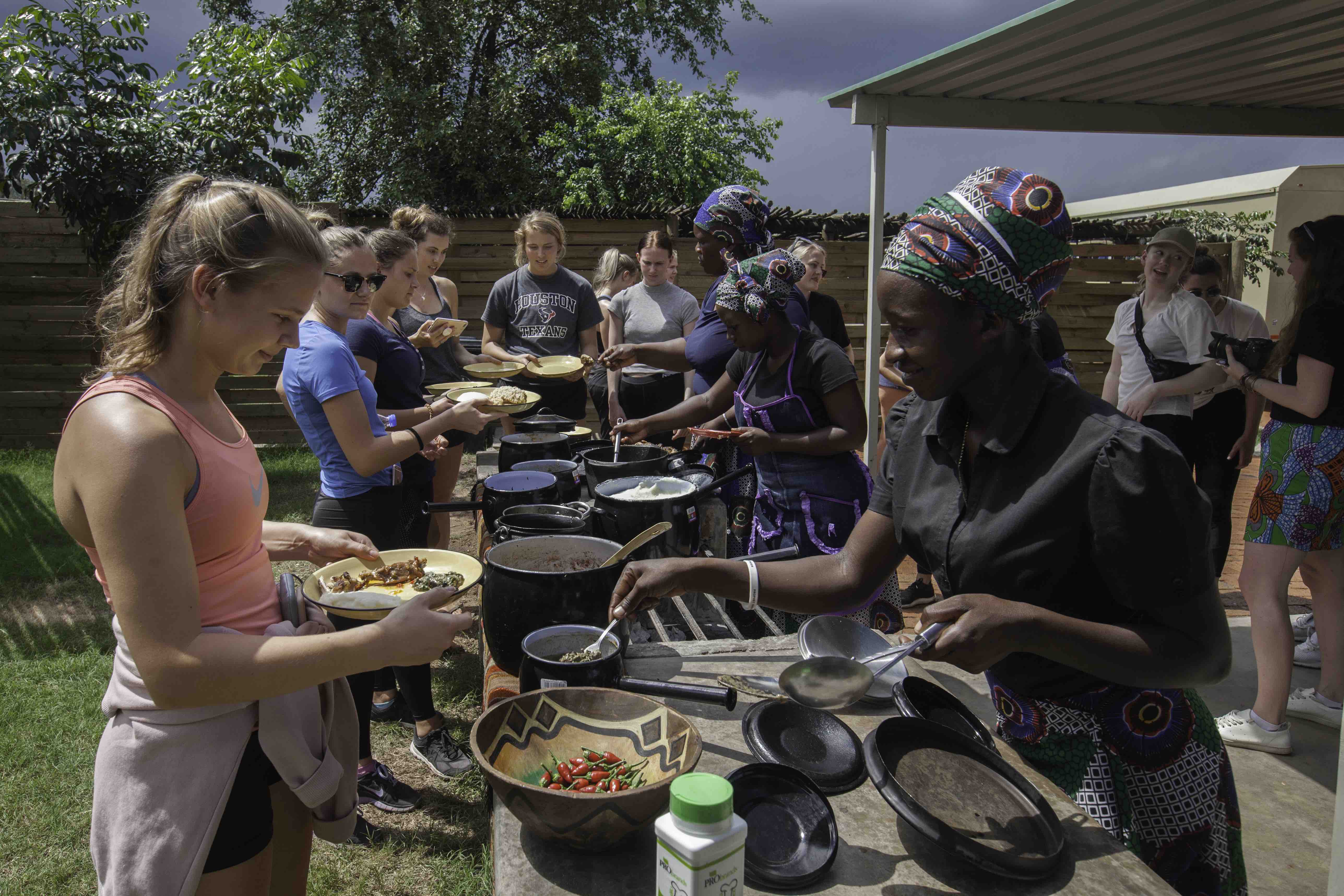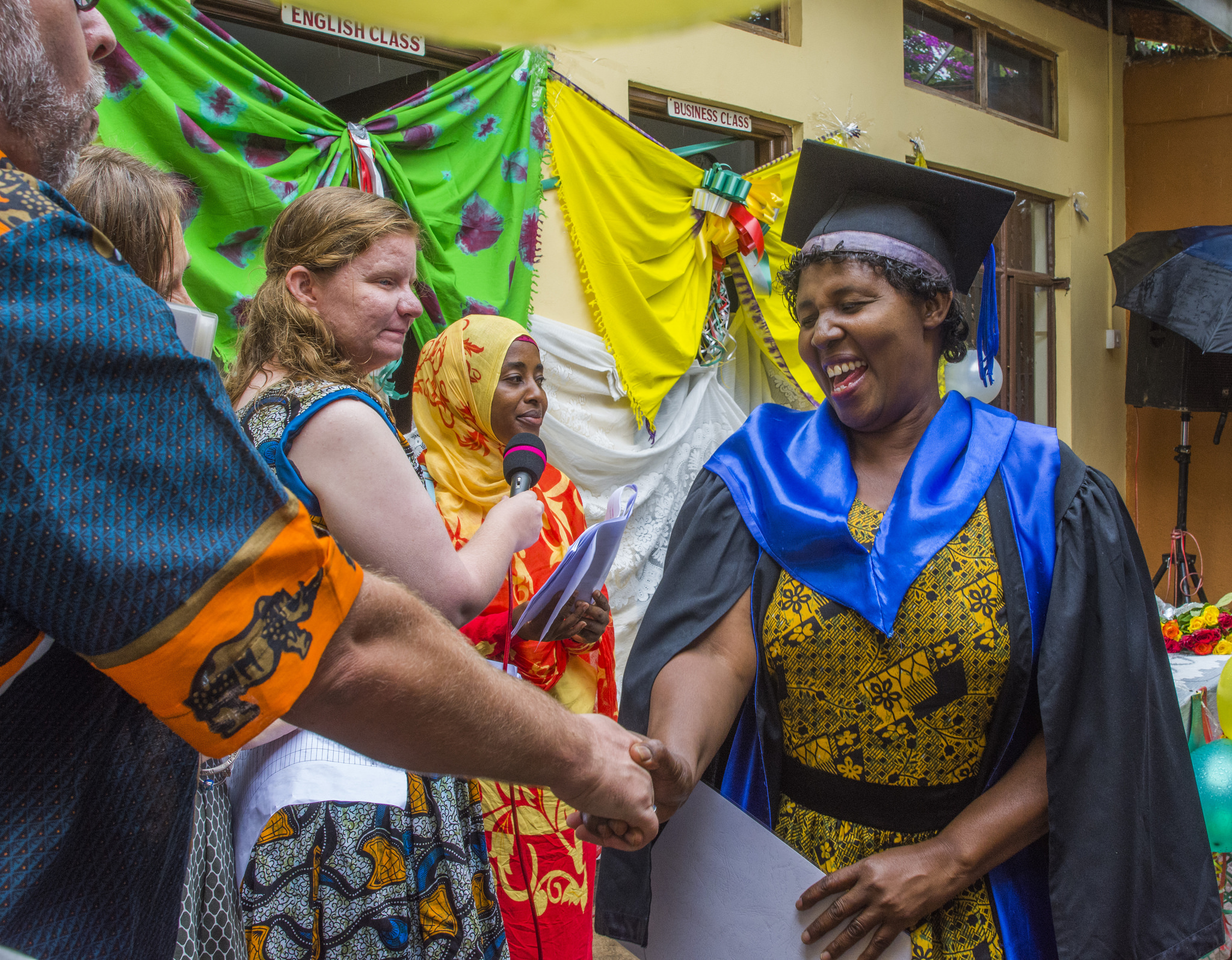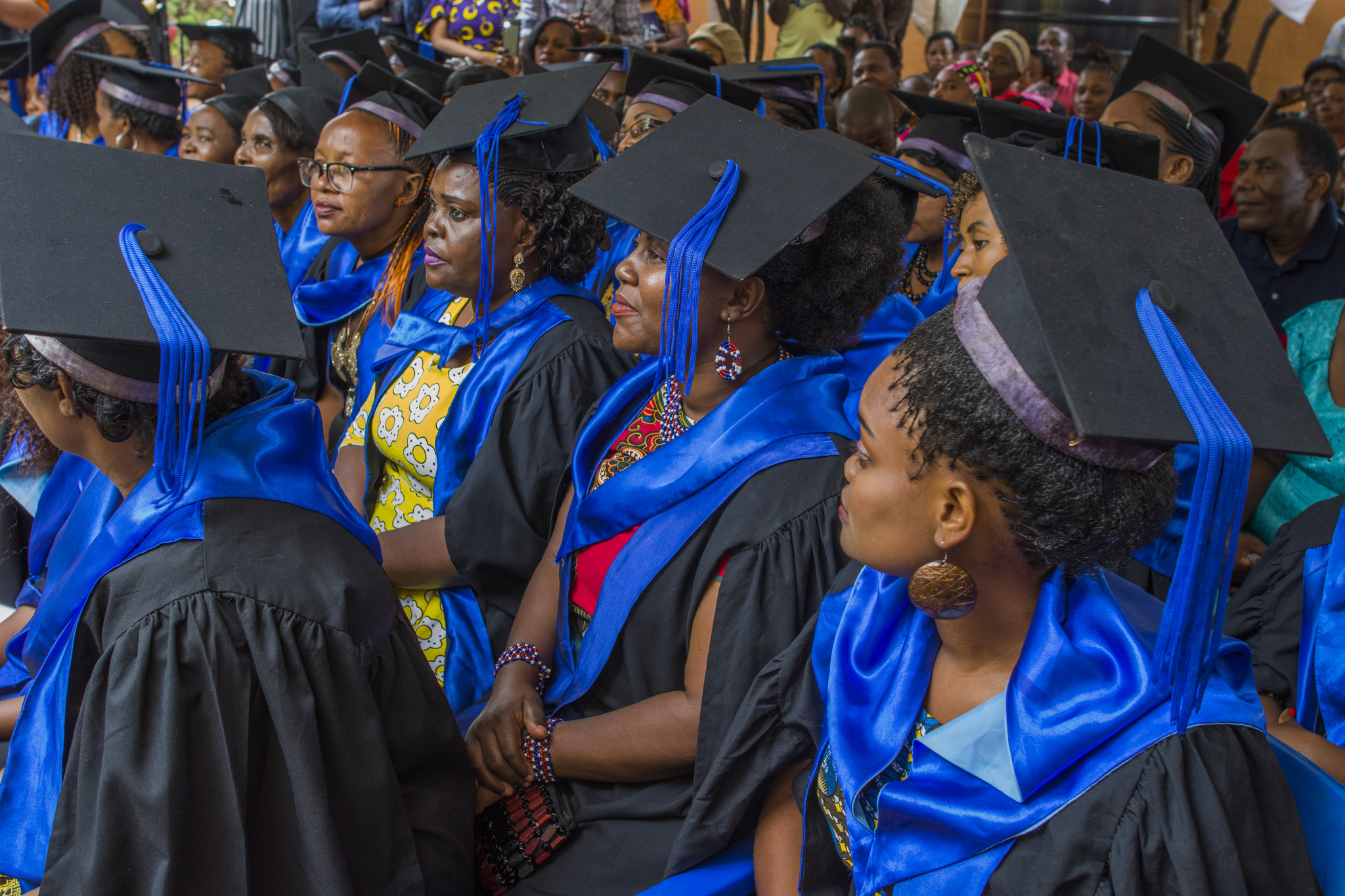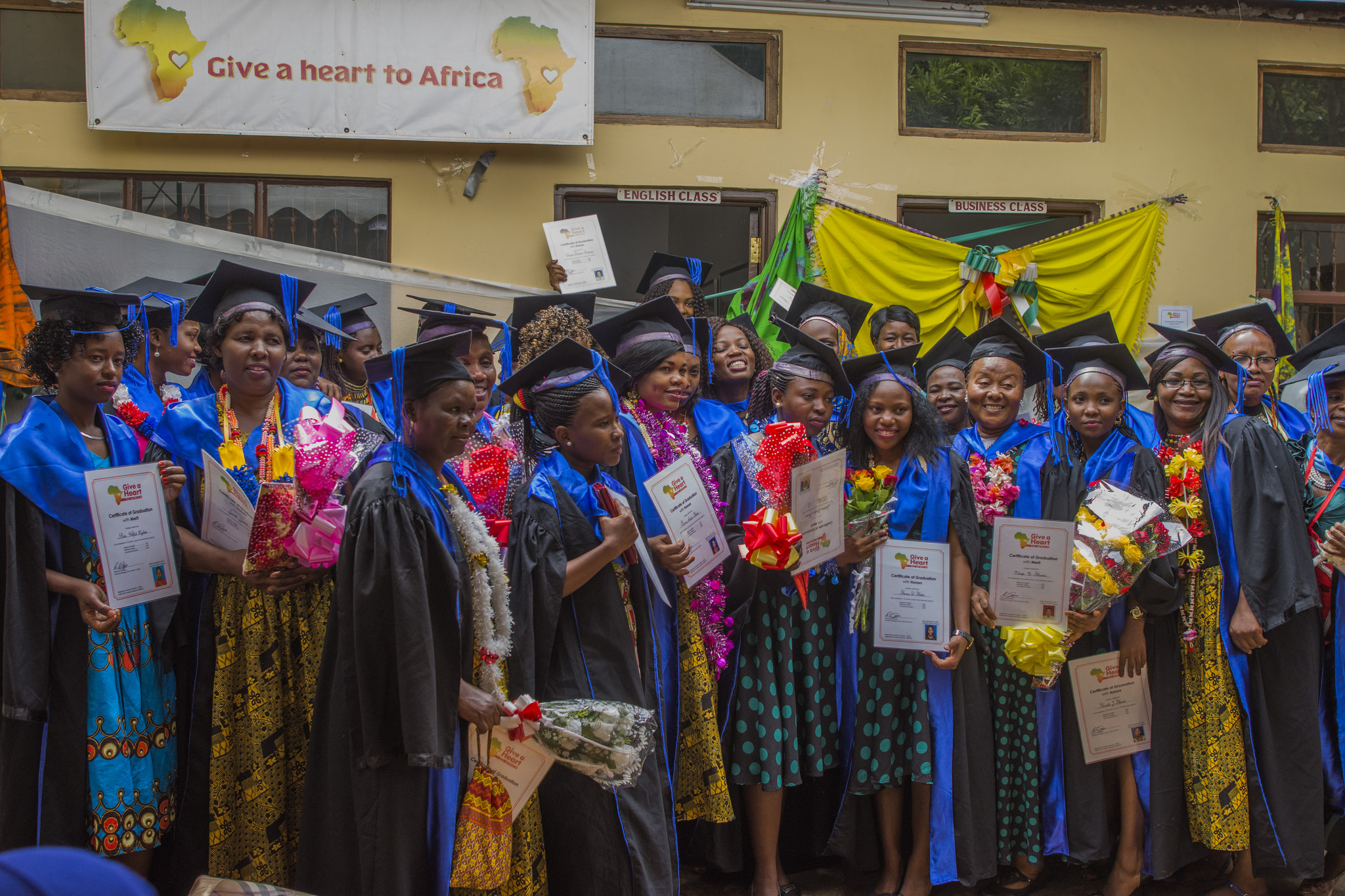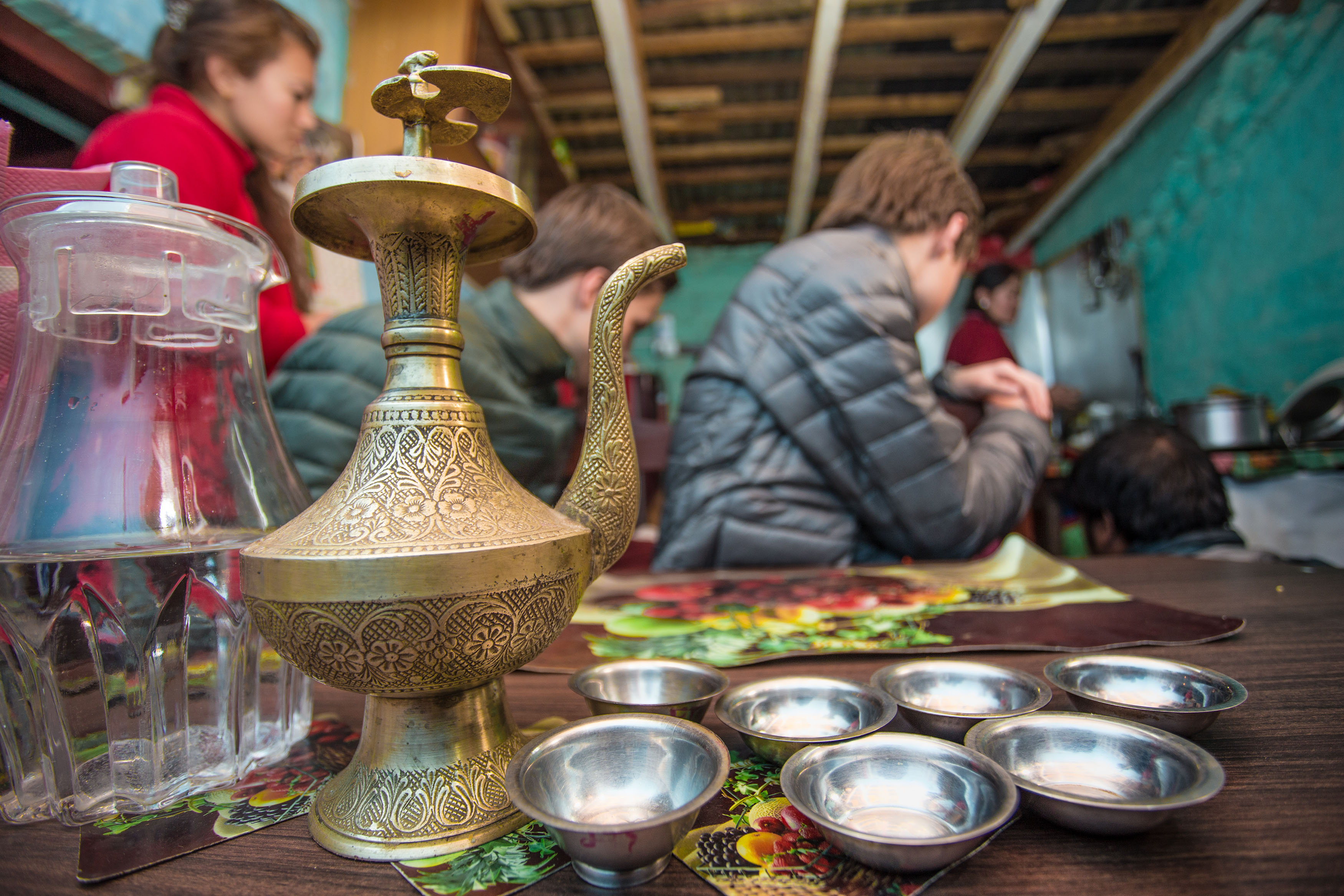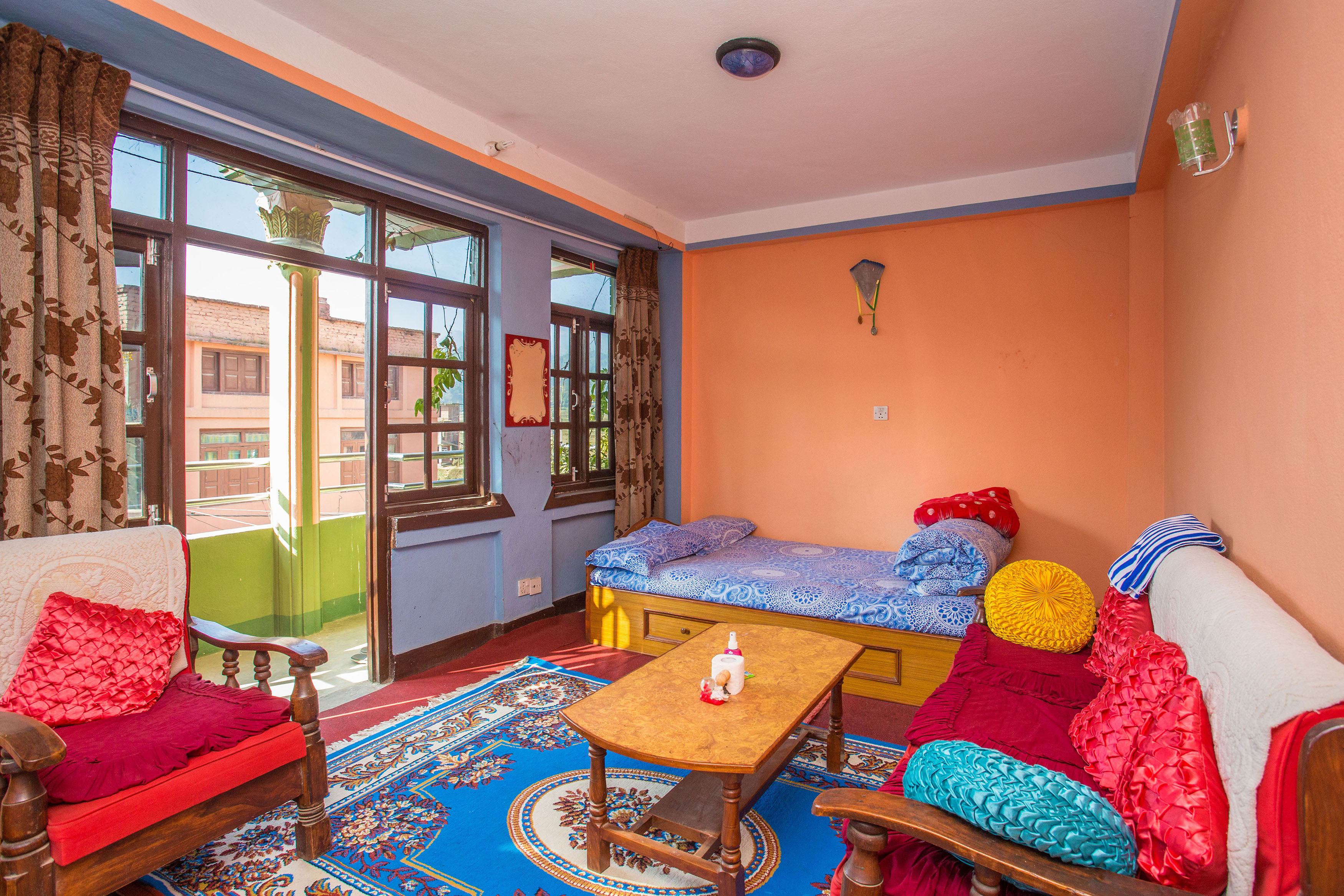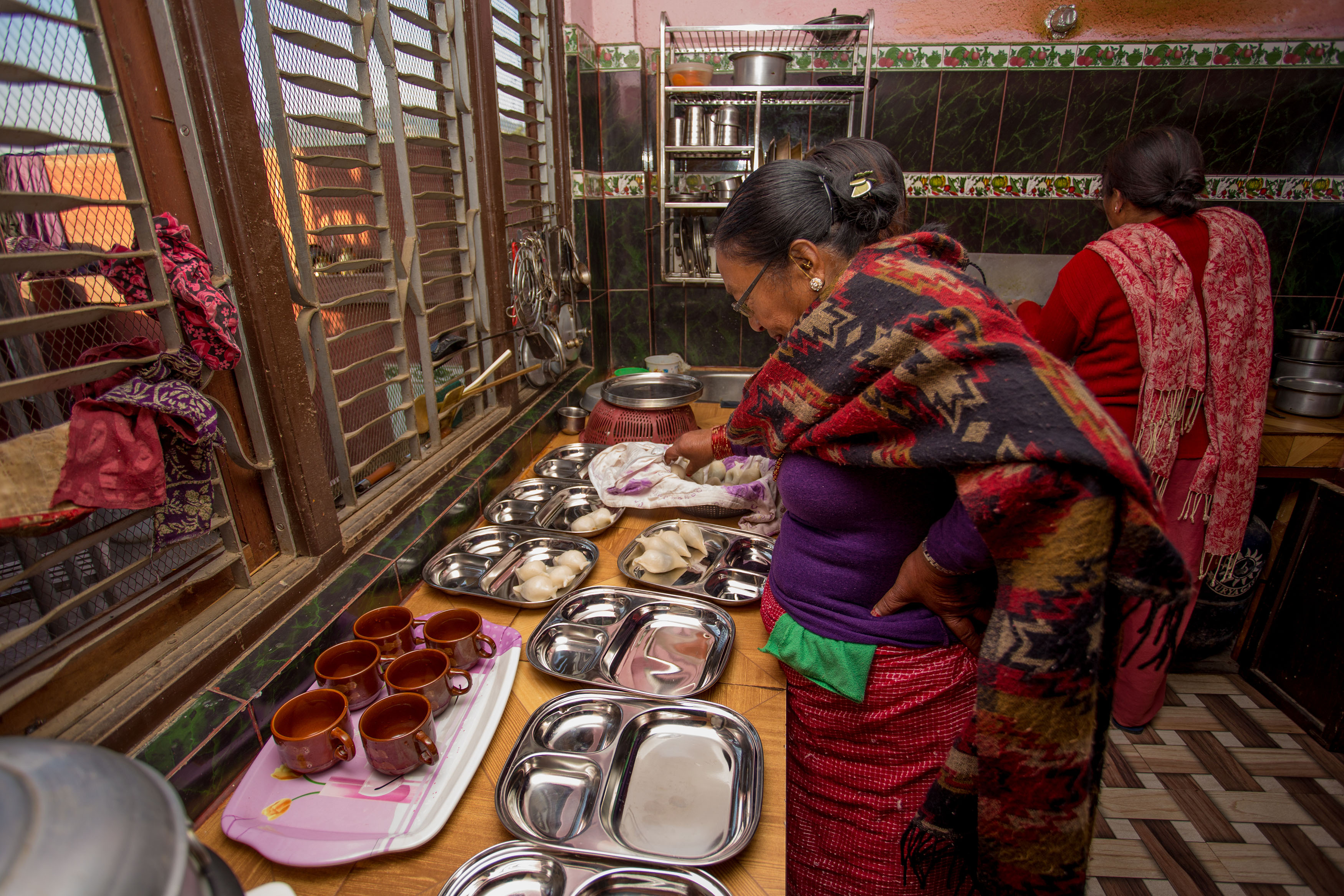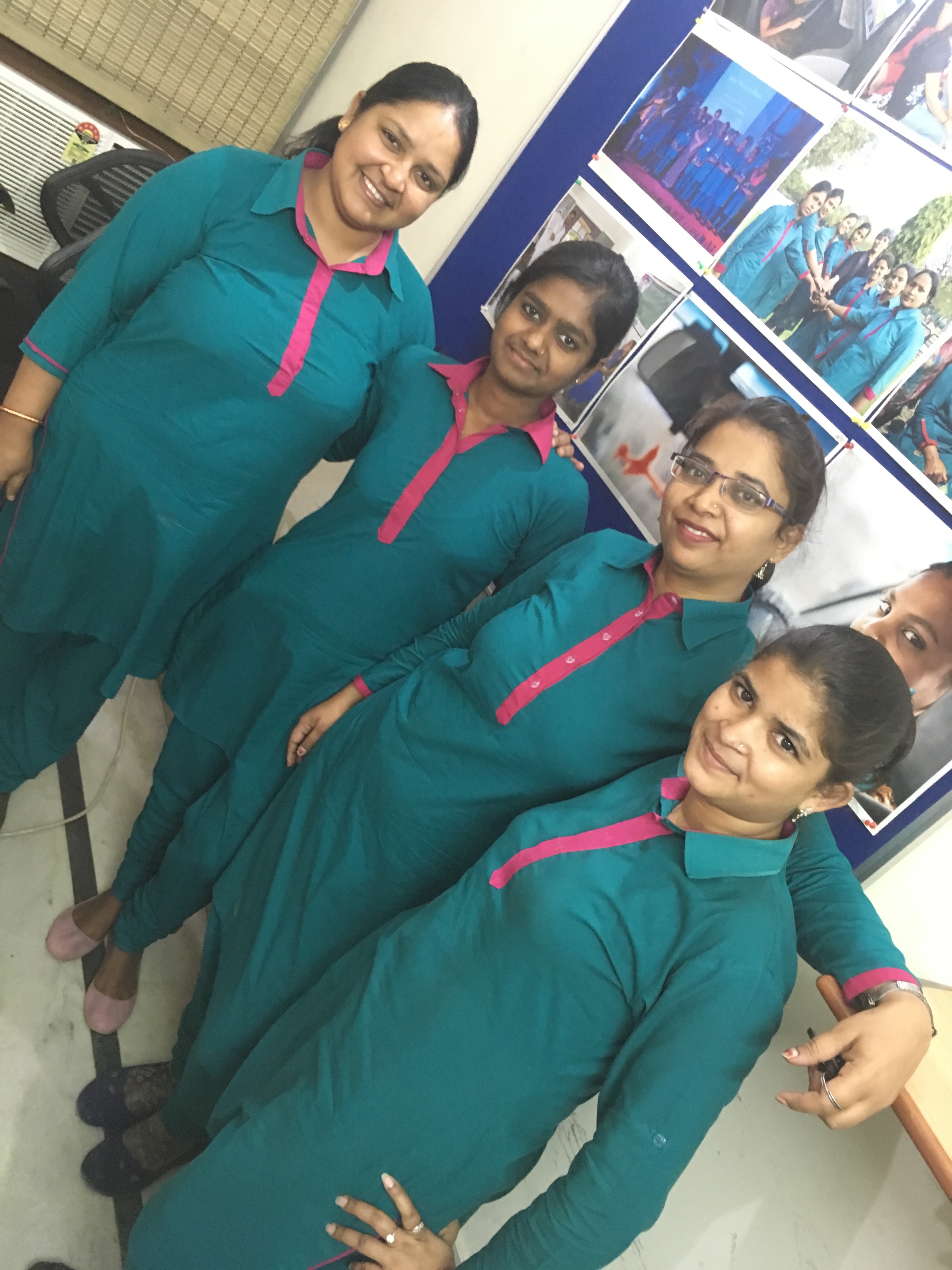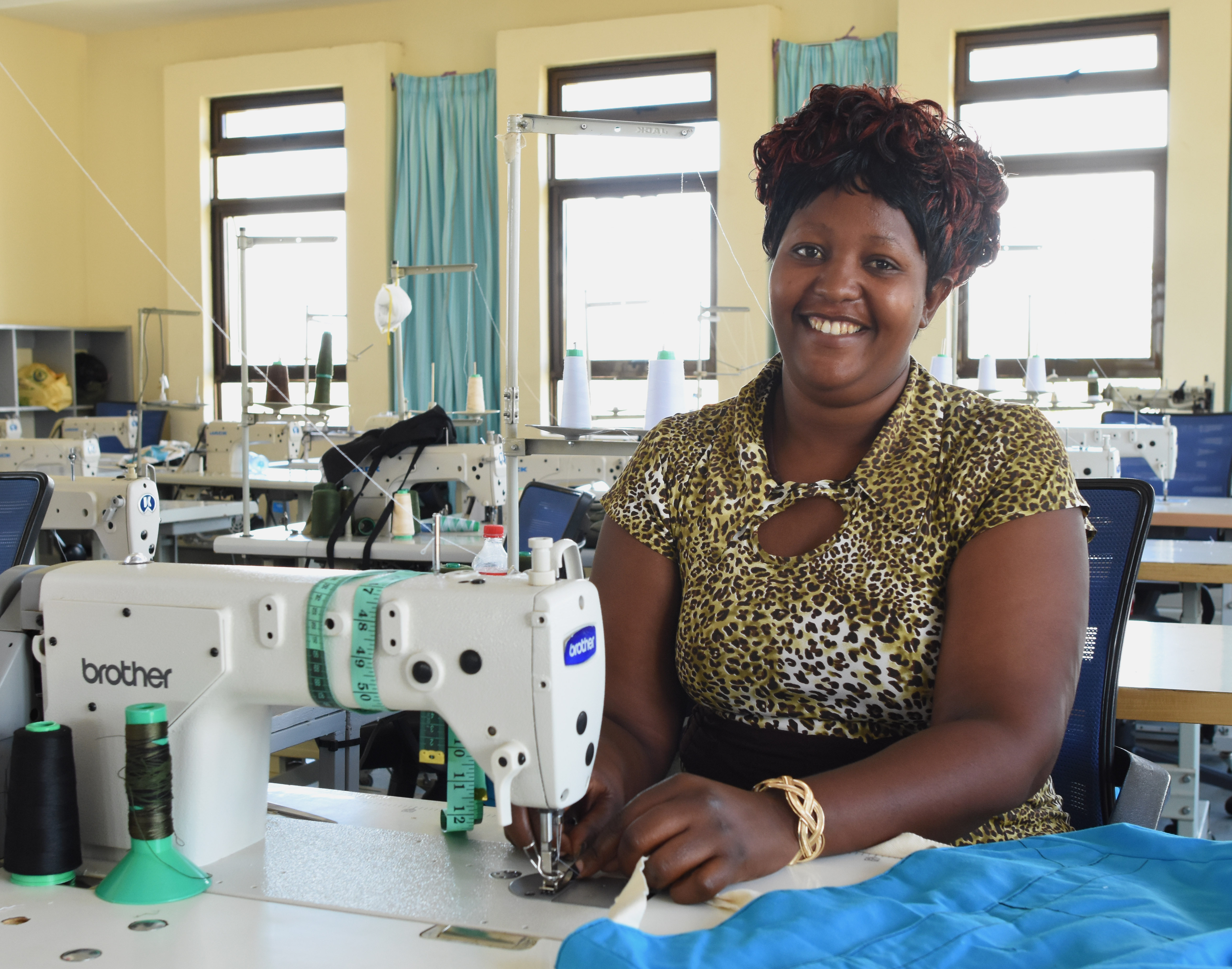“The San Antonio Women’s Cooperative was founded in 2001 to help promote and conserve Maya heritage, culture and tradition within the community and provide women with an alternative, sustainable income outside of farming.” – Thirdeyemom
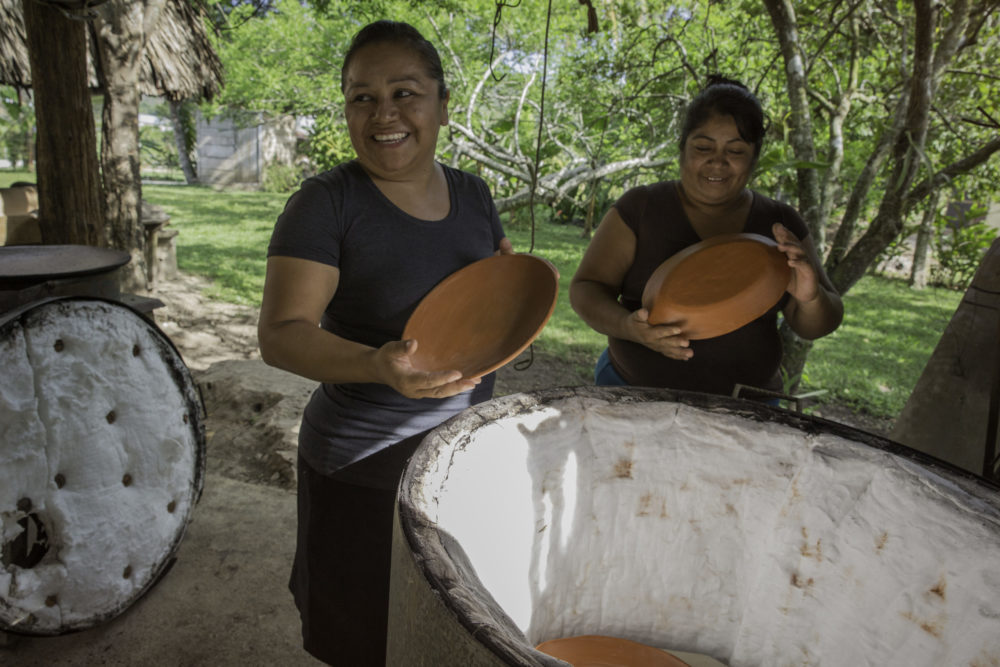
I woke up to the singsong sound of birds as the sun burst through the drapes, casting a zigzag of light across my room. After two carefree days at the Black Orchid Resort near the tiny village of Burrell Boom in Belize, I’d finally been brought back to life with a newfound energy that had long disappeared. I jumped out of bed, excited for the day ahead as we were heading to San Ignacio, the heart and soul of the Cayo District in Western Belize where we’d be swallowed into a world of thick, lush jungle, mysterious caves and extraordinary Maya ruins. But first, we were making a stop in the village of San Antonio, home of the largest Maya community in all of Belize. In San Antonio, we would learn about an exciting initiative helping to empower local Maya women called the San Antonio Women’s Cooperative supported by our tour company G Adventures and their nonprofit partner Planeterra.
As our group gathered into the van, I sat up front next to the driver so I could learn more about the four different ethnic groups in Belize. Our driver Carlos was Mestizo(a mix of Spanish and Indigenous decent) which is the largest ethnic group in Belize making up approximately 34% of the population. After Mestizo, the next largest group is Creole followed by Maya and Garifuna. The Creole and Garifuna population both are descendants of African Slaves whereas the Maya population is centered within the tropical lowlands of Central America. Over time, the Maya spread out into parts of Mexico, Guatemala, Honduras, El Salvador and Belize. The Maya make up about 11% of the population in Belize and there are three different linguistic groups: The Yucatec Maya who came from Mexico and live in the north, the Mopan Maya who live in the Southern Toledo district, and the Kekchi Maya who live in Western Belize.
Nestled in a verdant valley, about a 20-minute drive from the twin towns of San Ignacio and Santa Elena in the heart of the Cayo District of Belize lies the village of San Antonio. Populated by primarily Yucatec Mayas, the village is known for its beauty and art, and has a strong farming and agricultural heritage. When we arrived at the co-op, the first thing I noticed was the beauty and lushness of San Antonio. We were surrounded by tropical trees and flowering shrubs. It was no surprise that the Yucatec Mayas chose to settle in San Antonio for its fertile land. Agriculture is king in San Antonio yet it has its downfalls especially for the women who have large families and don’t have the means to earn an income outside of farming.
The San Antonio Women’s Cooperative was founded in 2001 to help promote and conserve Maya heritage, culture and tradition within the community and provide women with an alternative, sustainable income outside of farming. Since most Maya families have on average seven children and education is not free in Belize, girls are often the ones left behind and have few options besides raising a family. Poverty is a big issue and finding employment (especially without an education) in a small village is challenging. The San Antonio Women’s Co-op offers education in traditional pottery making, embroidery, cooking and serving guests through sustainable tourism as a means to preserve their culture and make a living. Today, there are 25 women in the co-op and they are working to encourage youth to participate as well.
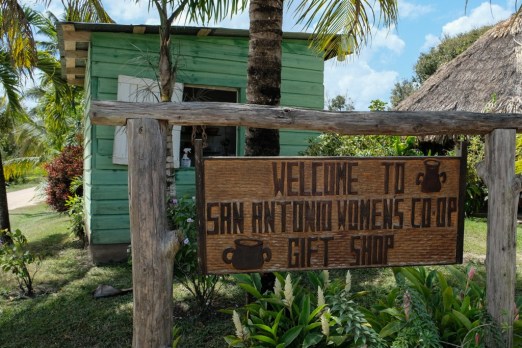
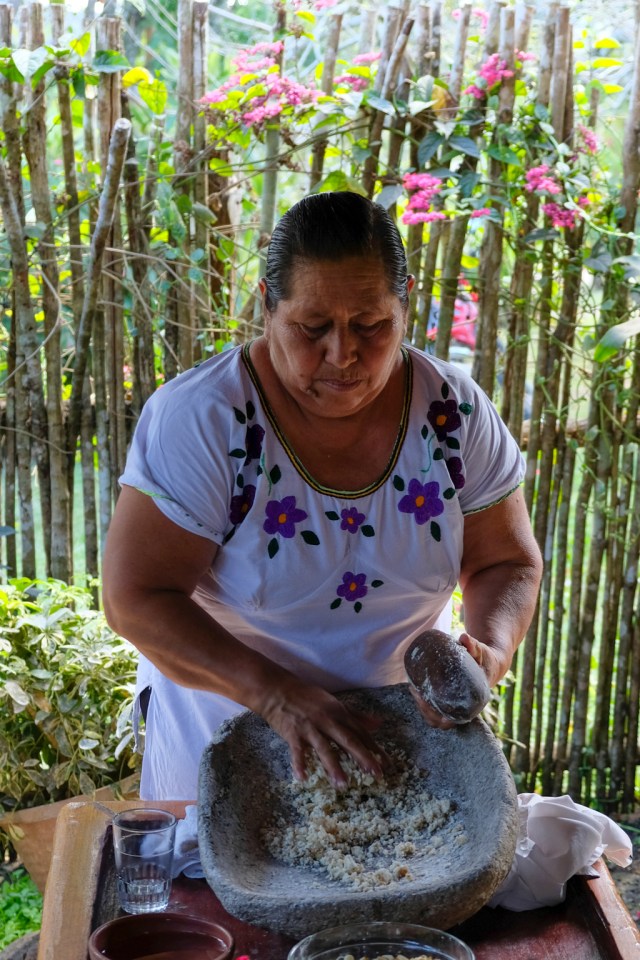
One of the highlights of our visit was the hands-on demonstration of traditional corn tortilla making. Each one of us got to test out our skills at rolling and flattening the corn into our very own tortilla. Then it was cooked on a wood-burning stove inside a traditional open-air Maya kitchen. Afterwards, we got to enjoy our tortilla with a mug of sweet corn porridge.
We also got to experience a pottery demonstration by one of the local teachers at the San Antonio Women’s Cooperative. Classes are offered on a regular basis for the local women and girls within the community as a way for them to bring back their traditional art of pottery. The pottery is created by hand from locally sourced clay and mineral pigments. The polychrome painting on the pottery uses terra sigillata (a refined paint that produces a wax-like surface and sheen on the pottery) and is inspired by ancient Maya ceramics unearthed by archaeologists in the surrounding region.
After the pottery demonstration, we were served a home cooked meal of corn tamales with a locally grown green salad and chips and salsa, all prepared by the woman at the co-op. We also had time to stop inside the shop where you can buy pottery, embroidery and other handicrafts. All sales and tourism visits help support the San Antonio Women’s Cooperative and ensure that their ancient traditions and culture can be preserved for future generations to come.
As we boarded the van to head off to our next destination – the town of San Ignacio – I felt grateful that we got to witness the work being done on the ground to simultaneously promote sustainable, local tourism and women’s empowerment. In 2018, over 98,000 travellers visited one of Planeterra’s projects around the world and G Adventures has integrated the project visits into most of their tours. In my opinion, it is an excellent way to travel and do good.
__
Thank you to Thirdeyemom for writing our first guest post! If you want to write a blog about your experience at one of our projects submit them here.
All photos and content belongs to © thirdeyemom.
